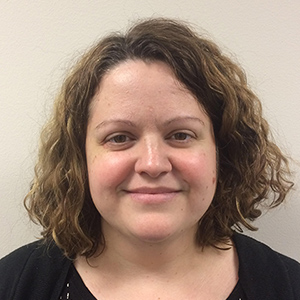
Inclusion plans. You have questions. We have answers. What exactly are they? How do they relate to NIH’s policies requiring specific populations be included in NIH-supported clinical research? What do they mean for your application? And, what is an inclusion table anyway?
In Part 1 of this NIH All About Grants podcast miniseries, NIH’s Inclusion Policy Officer Dawn Corbett tells us how to consider inclusion plans when putting together your application (MP3 / Transcript).
“The good news is there’s no page limit. So you can take the space that you need to describe inclusion of these populations in your research … in the inclusion of women and minorities plan, you’ll be describing your inclusion based on sex or gender and race and ethnicity. And then in your inclusion of across the life span plan, you’ll be describing distribution based on age and then you talk about the rationale. So why did you choose this population distribution? And this should really be based on science and ethics and you’ll justify any exclusions.” — Dawn Corbett
Part 2 covers inclusion plans during peer review and post-award (MP3 / Transcript). Want to know what is scientifically appropriate as it relates to inclusion, and how reviewers are looking at it? What about the ins and outs on progress reporting? And if you have concerns about enrollment in your funded study, what should you do? Well, as a start, put on your earbuds and listen.
“[Reviewers will look] did you provide all the information that you were supposed to provide?…Did you include the table so that they have enough information in [there] they’re going to be looking at? Is it scientifically appropriate? … Why [did] you picked the study population, and did you provide enough information for them to understand that? And …is it realistic?” –Dawn Corbett
Interested in this topic? Learn more in our related podcasts on the Inclusion Across the Lifespan policy and valid/stratified analysis.
—
NIH’s All About Grants episodes can also be heard on iTunes and Spotify. Have an idea for a future podcast? Email [email protected]. We love suggestions!



0 Comments